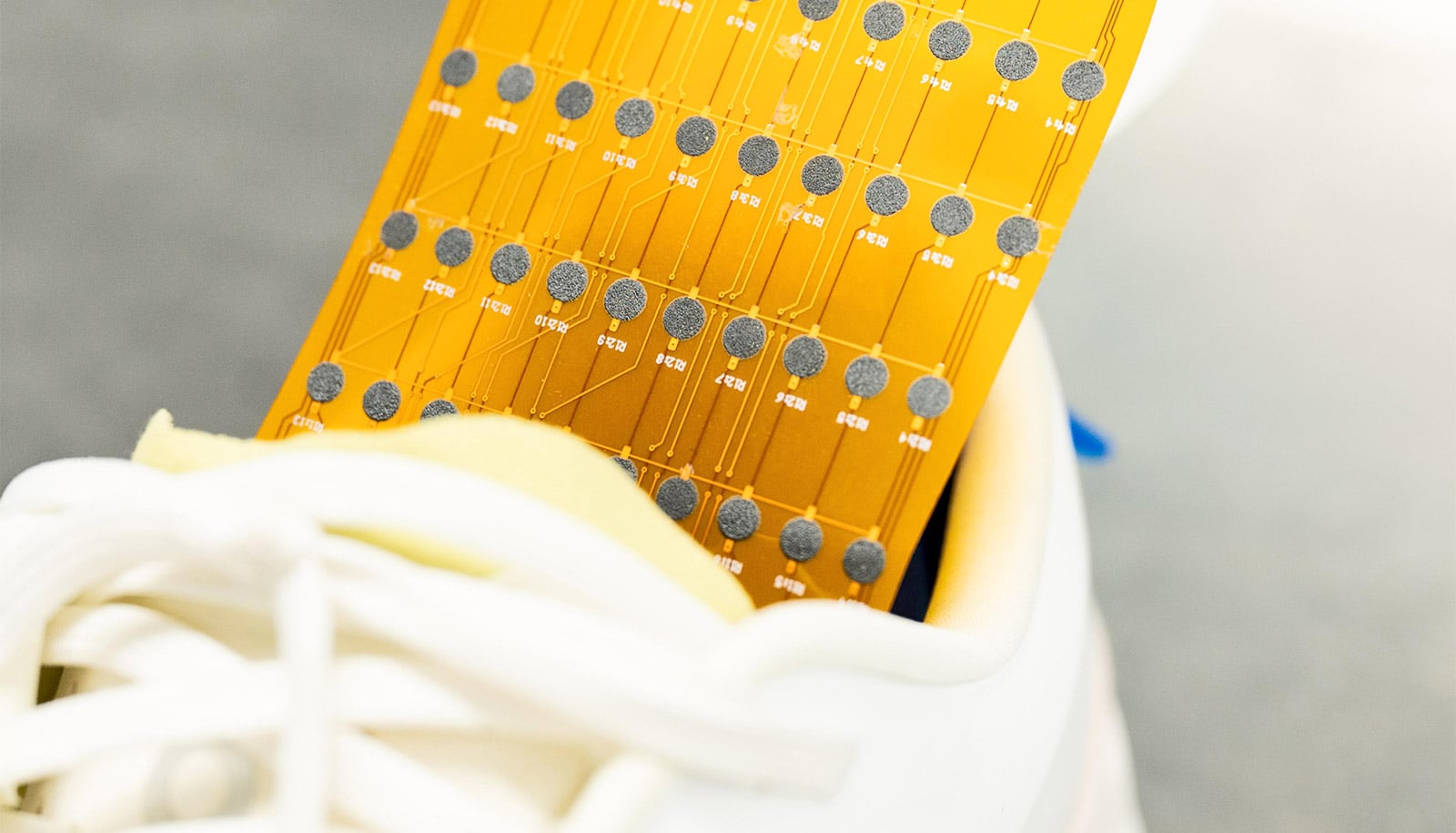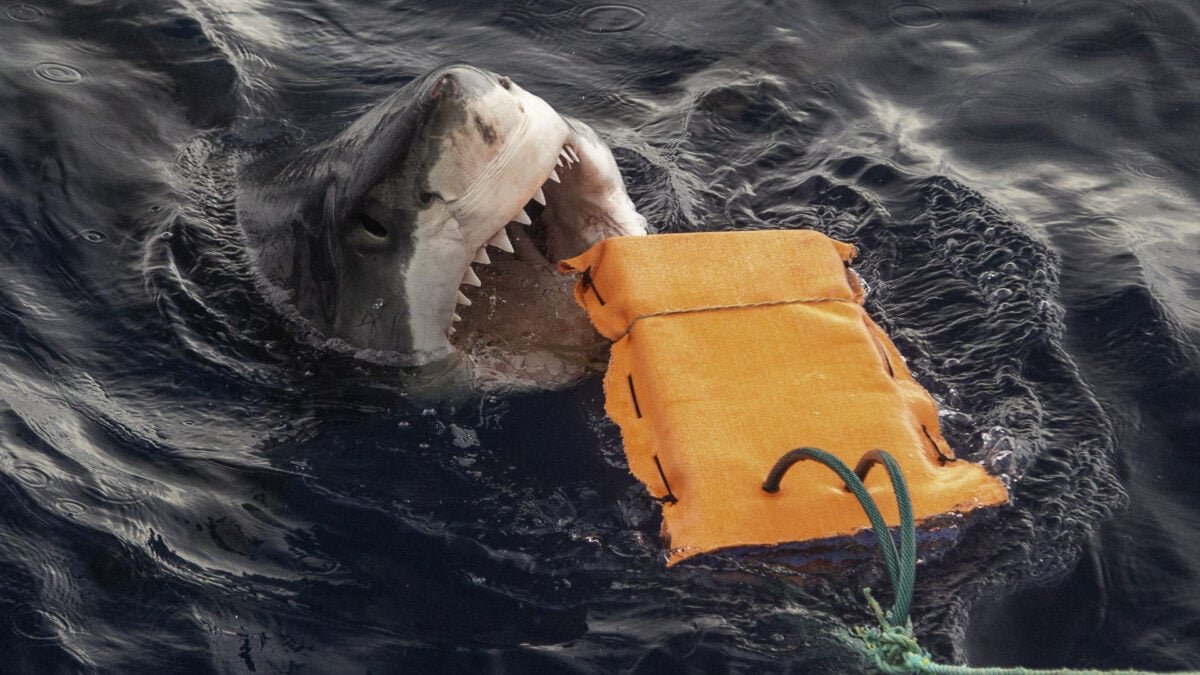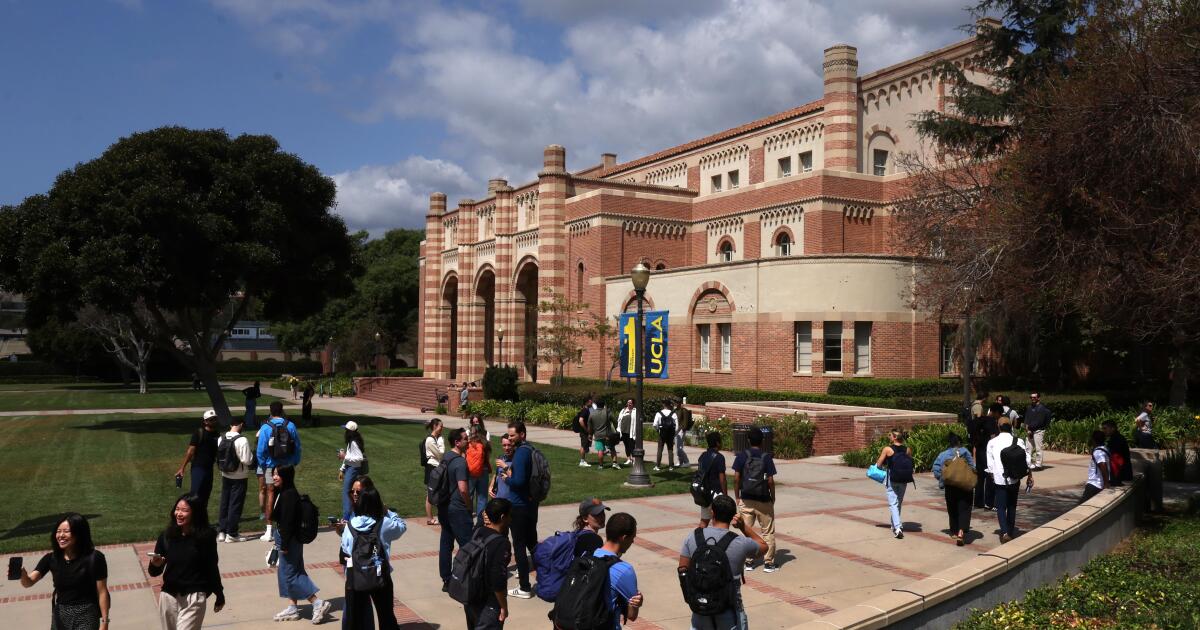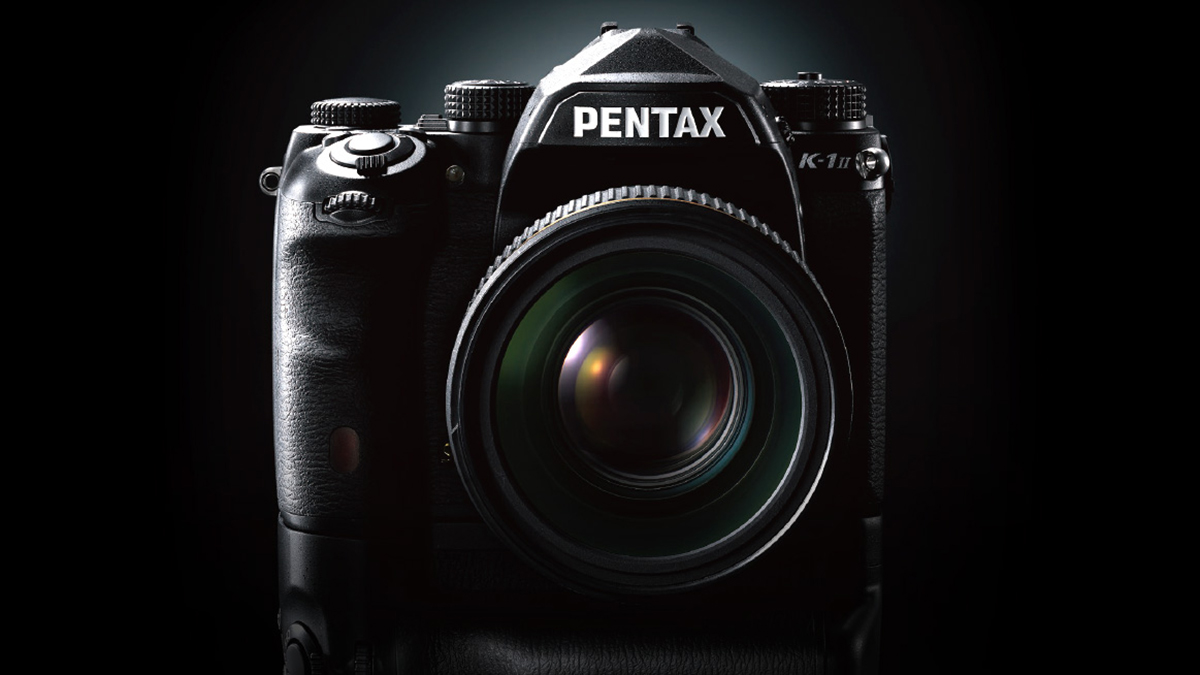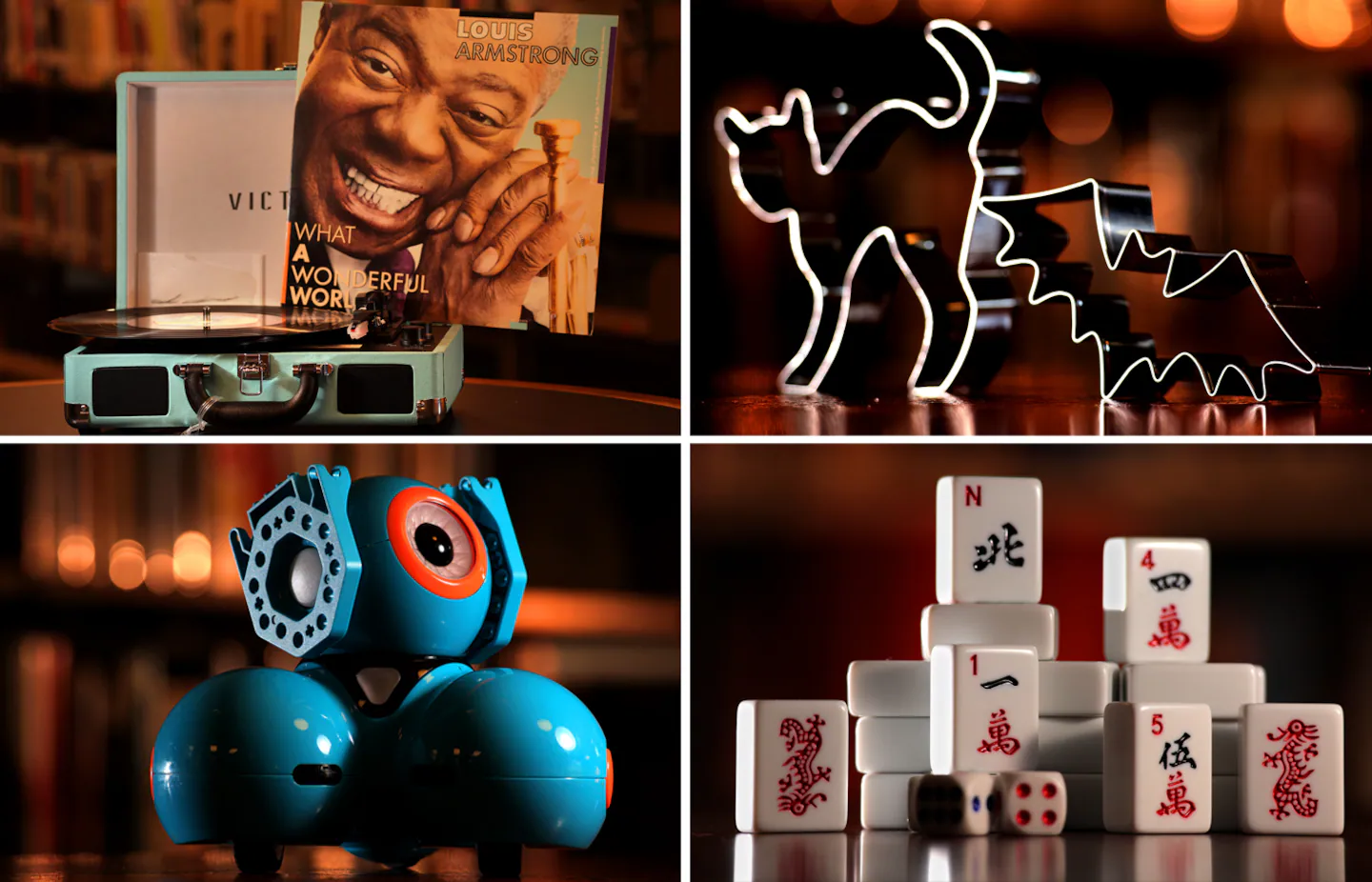
Librarians have developed their collections to include all sorts of items, from expensive tools and toys, to obscure gadgets and gear, making them available for patrons to borrow for free instead of buying for themselves.
The movement accelerated in earnest as the country emerged from the pandemic, and federal funding to support the humanities helped librarians meet their patrons’ growing interests in crafts, do-it-yourself projects, and saving money.
“I think part of it is post-COVID … going from isolation to going out to do more things,” said Joseph Rodio, the library director in South Hadley, Mass. “And it’s the sign of the economy, where people want to borrow these things and they can get them from the library.”
Now, many libraries offer canopy tents, backyard games, inflatable movie screens, home-projector kits, and karaoke machines to help make gatherings fun. You can check out pots to steam lobsters and clams in Maine, borrow fishing poles in Rhode Island, and outfit the family with snowshoes of every size in New Hampshire.
The libraries of things can also help people discover new passions without having to invest in expensive equipment. You can borrow a ukulele, ghost-hunting devices, tools, sewing machines, cake pans of every shape, backpacks and hiking poles, and “memory kits” to help caregivers of people with dementia. There are seed libraries, craft supply exchanges, and even “library-grade” telescopes distributed through the Library Telescope Program.
“We’re committed to learning, to help you discover and play, and there’s lots of ways to learn besides reading,” said Melissa Andrews, chief of collection management at the Boston Public Library, who introduced the immensely popular sewing machines this summer at the BPL’s new Library of Things. “It’s being flexible and thinking, ‘What’s the core function of the library and how can we be accessible to everyone?’”
For some libraries, federal funding from the National Endowment for the Humanities American Rescue Plan, money from the Institute of Museum and Library Services, or other grants helped jump-start their collections of things.
In Boston, a 2022 ARPA grant funded an oral history project that allowed patrons to record the stories of people in their communities using specialized kits with a guidebook translated into the top 10 languages spoken in Boston neighborhoods.
“Anything that helps to chip away at the digital divide and give people some tools and information to gather stories and save them is exactly what we want,” said Dory Klein, supervisor for the library’s new community history department. “That’s our reason for being.”
Funding from the IMLS and New Hampshire State Library helped four small libraries in central New Hampshire — Pembroke Town Library, the Chesley Memorial Library in Northwood, the Epsom Public Library, and the Josiah Carpenter Library in Pittsfield — collaborate and create a shared library of things, said Pembroke town library director Ryan O’Hora.
Their sewing machines and Cricut design machines are hugely popular, O’Hora said. Now he’s looking at adding other things to the collection, such as equipment for homesteading, that people can borrow instead of purchase.
“Patrons really appreciate that,” O’Hora said. ”We learned a lot about patrons from the frugality standpoint. That’s why people use the library.”
The librarians decide what to add to their collections in part by paying attention to what patrons are reading, what events they are attending, and what groups they join.
“We have a DIY crafting group that’s met here forever, a sewing group that’s been here forever, cooking groups who’ve met here forever,” said Evan Barta, deputy director of the public library in Warwick, R.I., which has several display cases full of items. “So we know there’s interest in the community, and that was an easy place to start.”
Barta said he’s borrowed one of the mobile hot spots on family road trips. When his young daughter is a little older, he’ll borrow the library’s ghost meter “to show her there are no ghosts at home.”
At the the public library in Middletown, R.I., director Kimberly Usselman included a metal detector for beachcombers when she launched the library of things a year ago. Soon after, a patron borrowed it to find the wedding ring she had lost in her garden.
“We’re the original collaborative sharing entity,” Usselman said. “We’re always looking for ways for saving in the community — what do you need in your life and how can we help you get that.”
In South Hadley, Mass., the library decided to include an American Girl doll who wanted to be an astronaut to interest girls in science and in Mount Holyoke College, which is based in town. “Luciana Vega” was so popular that the library has added seven other American Girl dolls, said library director Rodio.
“It’s turned into a program for kids coming in looking for which dolls are here,” he said. It also caused a buzz among librarians in other towns.
Out on tiny Block Island, R.I., Robert Farwell, director of the Island Free Library just started a toy-lending library through a partnership with Traveling Toys.
Farwell said he saw the program’s success when he was a librarian in Norwich, Conn. Children on Block Island are isolated from the mainland — “everything has to come over the ferry” — but this program can make quality educational toys available to everyone, he said.
“It’s already generating a lot of support and enthusiasm,” Farwell said. “The old model of service that libraries had has expanded enormously. It’s being a public space for people, a space where on Block Island, your children can get off the bus and come to the library, and it’s a safe and welcoming place.”
The North Haven Memorial Library in Connecticut is known for its 430 or so cake pans, of every shape and every size, all donated by the public. Emily Jenkins, director of the children’s department, said what started with cake pans a decade ago has expanded to a library of things, motivated by requests from patrons.
That includes the local children, including her own 6- and 9-year-old, who let her know about the latest exciting toys.
“It’s expensive to raise a child and give them everything they want and stay on a budget,” Jenkins said. “The library is a great way to do that.”
In Exeter, N.H., library director Julia Lanter used ARPA funding to create New Hampshire’s video game library. She’d read a study about a link between literacy and video games, particularly with boys, “so we decided this was a great excuse to explore video games and libraries,” Lanter said.
The intent was also to “narrow the digital divide” for people who couldn’t afford the latest video game systems, she said.
And, knowing the local pride in history — Exeter is the Revolutionary War capital of New Hampshire — the library added a digital preservation library, so patrons can digitize their own history for free.
One woman brought in a box of mildewing VHS tapes that contained the old home movies of her child who’d died. With the library’s digital preservation equipment, she was able to recapture those images before they crumbled.
“People say libraries are dead … but we have never been busier at our library and it’s all ages that I’m seeing,” Lanter said. “We are the heart of the community, and that’s because we are listening to them.”
